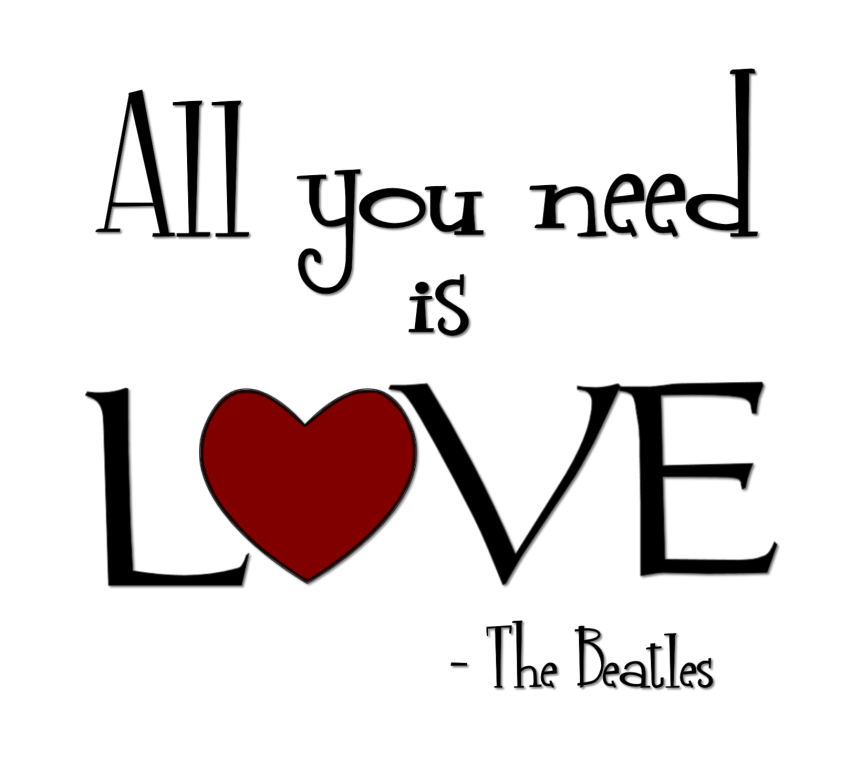
Monk, author, social activist and poet Thomas Merton wrote, “Love is our true destiny. We do not find the meaning of life by ourselves alone — we find it with another.”
As wise as it might sound, the quote implies a major error, i.e., you can’t find meaning in life simply through loving another. If you did, then you’d depend on that one person for your life’s meaning. But can’t life first be valuable and meaningful for yourself? Does the person you love add to that joy, or is he or she the only thing responsible for it? The Beatles suggested that, “All you need is love.” So does that mean that you’ve peaked once you find somebody to love? Or is a spouse or lover somebody who shares the joys – and the sorrows – of life with you? In my experience, happiness and fulfillment also stem from productive work, a sense of purpose, perhaps raising a family, experiencing life fully, and all the other things that make one happy and life meaningful.
There’s one thing worse than not finding love: Being stuck in a relationship with someone you no longer love. People in that spot will tell you it’s one of the loneliest places to be, far lonelier than not having your soulmate on Valentine’s Day or whatever. For love to be true, it has to rest on the foundation of an already existing love of life and self. Only then can the person you love be the someone you cherish and treat with respect and kindness.
David Seabury, writing in an obscure but profound little book called, “The Art of Selfishness” put it brilliantly: “Never become an appendage to a marriage partner. Keep your native hungers, your intellectual values. You belong to life first, to your partner only insofar as he or she doesn’t try to possess you. Most important of all, never marry a person who can’t remain a sweetheart, and with whom you wouldn’t want to be, even if you didn’t have the protection of marriage. Go with your love, and to your love.” Wise and timeless words.
The biggest problem people experience in their romantic relationships is the desire to change the other, or, on the other side of the same coin, the struggle of being loved by someone who wishes to change you. People who seek to change their loved ones — whether their loved ones want to change or not — are on a mission. The person they love is a means to an end, not an end in itself. That’s not how love should work. If you love someone, your feeling of love celebrates the fact of who they already are. If you can’t feel this way, you don’t really love them. They’re just a project, or a career goal, or a charitable cause. Those may be laudable things, but they’re not romantic love.
The misguided purpose of love-as-changing-another is not to celebrate an already meaningful life made even more meaningful by someone lovable. That purpose is only to create value in life by changing the person one supposedly loves. It’s an unhealthy dependence on this person changing in order to be happy.
True love is one of the most beautiful things in life. But it arises only when each partner honestly feels, “You are exactly as I want you. You’re the one for me.” It’s an intoxicating way to feel, and when years pile upon years it can become more intense. And when it’s mutual, you’re set to go for years and maybe even for the rest of your lives. Many people have children. When the children grow older and each lover knows they’re still with the right person, they know they’ve found a beautiful thing.
The best lovers are those who love life first. They fall in love with people not to attain meaning, but to celebrate and enhance the meaning that’s already there.
Follow Dr. Hurd on Facebook. Search under “Michael Hurd” (Rehoboth Beach DE). Get up-to-the-minute postings, recommended articles and links, and engage in back-and-forth discussion with Dr. Hurd on topics of interest. Also follow Dr. Hurd on Twitter at @MichaelJHurd1, and see “Michael Hurd” on MeWe.
